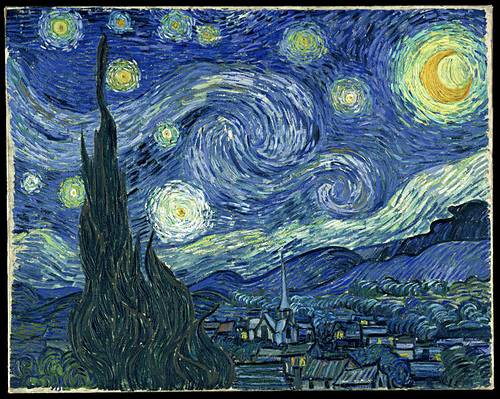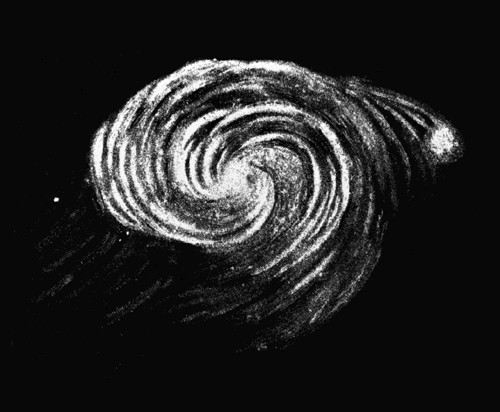Remarkably, you can estimate π by dropping needles onto a flat surface. If the surface is ruled with lines that are separated by the length of a needle, then:

drops is the number of needles dropped. hits is the number of needles that touch a line. The method combines probability with trigonometry; a needle’s chance of touching a line is related to the angle at which it comes to rest. It was discovered by the French naturalist Georges-Louis Leclerc in 1777.




